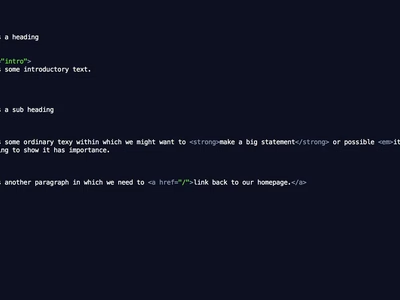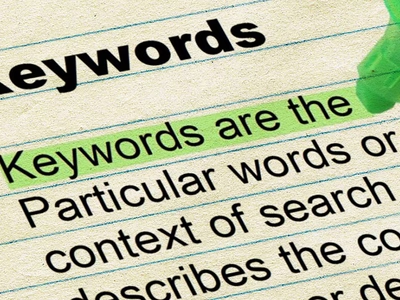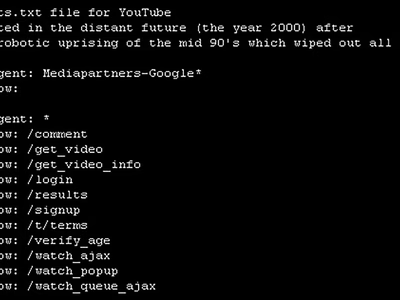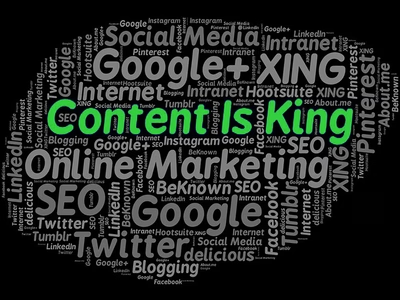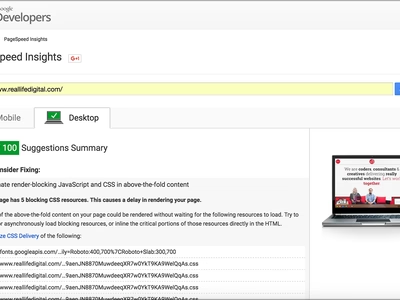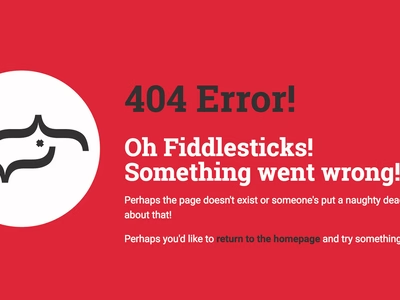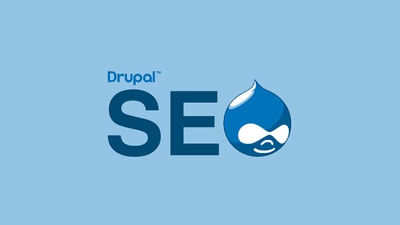Meta tags are not to be underestimated. It is true that some meta tags are now deprecated, and others less impactful on your ranking than they once were but it is still good practice to get as many meta tags in to your pages as possible. This can be time consuming, but if you're using a content management system such as Drupal, Joomla or WordPress you'll find modules and plugins that can automate your meta tags and apply global meta tags which are applied to all pages of your website.
This is the chunkiest of the tips I've shared here, but it's so fundamental that it really deserves a bit of extra detail. I'll talk you through the meta tags I've come across that still appear to make a big impact (although some not as big as they used to!).
Page title
Page title is kind of obvious and if you're not using this meta tag you NEED to be using this meta tag!
Why is page title important?
- Title tags are often shown at the top of the browser and in your tabs.
- Title tags are used to determine the title text on search engine results.
- Title tags are often used by social media to auto-populate a post's title when a link is shared if no open graph meta tags are set. (I will explain what 'open graph' tags are later in this section.)
Remember: Google only displays between 50 to 60 characters of your title tag, so try to keep it concise!
<title>12 SEO Essentials for a better ranking</title>
Description
Description tags are also a "must have" for boosting your visibility. The description should be a brief and concise summary of the page's content.
Why is description important?
- Description tags are used to determine the description text on search engine results.
- Description tags are often used by social media to auto-populate a post's description when a link is shared if no open graph meta tags are set.
Remember: Google only displays around 150 characters of your description tag, so try to keep it concise!
<meta name="description" content="Learn 12 essential SEO tips to give your website's SEO a turbo charge!">
Keywords
This was the meta tag that black hat SEO tricksters used to abuse. You could flood the keywords meta tag with as much stuff as you could think of and the search engines would rank accordingly. If you were into 'black hat' tactics like these, then unfortunately for you, this meta tag is not supported by most search engines anymore, but we like to keep ours filled out just to be sure that if any robots or spiders are crawling our website that wants to see keywords, then at least we are serving them up!
<meta name="keywords" content="SEO, SEM, search engine, optimisation, optimization, Google, ranking, page rank">
Social: Open Graph, Facebook, Twitter, Google+
The Open Graph meta tags are used control how Facebook, Pinterest, LinkedIn and other social networking sites interpret the site's content, although there are specific meta tags for Facebook, Twitter and Google+ as well (see Must-Have Social Meta Tags for Twitter, Google+, Facebook and More by Moz for more info). What these meta tags essentially do is deliver specific bits of information to social media sites in order to optimise your messaging when posts are shared.
Why are social meta tags important?
- These tags help search engines to determine which social media accounts to associate with your website.
- Optimises content delivery to social media, which drives engagement and encourages back links.
Geo tags
Geo tags reveal your business location to search engines. This helps search engines to verify your authenticity and the trustworthiness of your web presence, as well as optimise local search results.
Why are geo tags important?
- Helps to verify that you are a legitimate business.
- Aids search engines in prioritising your content for people who are searching in your locality.
<meta name="geo.position" content="51.279501;-0.7945437" /><meta name="geo.placename" content="Cody Technology Park" /><meta name="geo.region" content="UK" /><meta name="icbm" content="51.279501, -0.7945437" />



